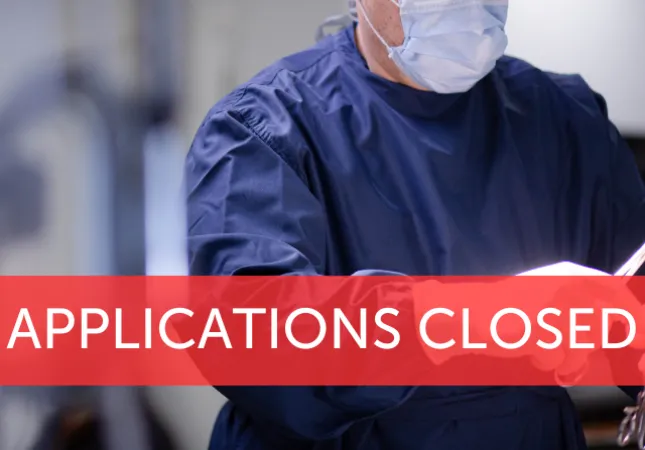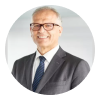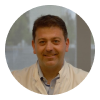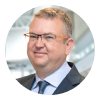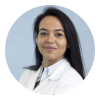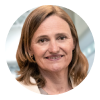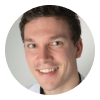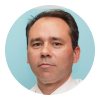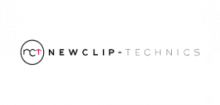Part 1 is the theory learning and assessment stage.
To help with this, there are 2 'Preparatory Reading' tiles, each tile contains multiple articles, which you can read in your browser or download.
This also applies to the 2 'Preparatory Videos' tiles, containing 31 videos in total. You must watch each video, you can 'mark as done' to keep track of your progress.
Assessment attempts are time locked, they will only be open during specific assessment windows.
- The first attempt window will be from 31 July - 13 August 2023.
- The second attempt window will be from 14 - 20 August 2023.
- The third and final attempt window will be from 21 - 27 August 2023.
Everyone will get a maximum of 3 attempts at the exam. Each attempt must be completed within the specific attempt window (so if you take and fail attempt 1, you must wait for the attempt 2 window to open).
It will be a 50 question, multiple choice format, you will have 60 minutes to complete the exam.
Each exam features a different set of 50 questions (so, attempt 1 is different to attempt 2, to attempt 3).
You need to take the exam in one sitting, so please ensure you will not be disturbed for 60 minutes. You will not be able to pause the exam, flag any questions, or go back to any questions. You also cannot save your progress.
The questions have been prepared from the preparatory materials sections, from the ESSKA Academy website, and drawing upon ML science and your own surgical experience.
The pass grade for the exam is 74%.
If you do not achieve 74% in attempt 1, then you can try again with attempt 2, then attempt 3 if you need it. If you are unable to pass any of the attempts then you will be allowed to continue with the module, but you will not receive the ESSKA certification at the end of it.
If you miss an attempt window, you cannot get that back, it is marked as a 0%.
After you pass the exam, you will need to complete 'Module Feedback - Part 1' before you can move onto parts 2 and 3.
Part 2 is the in-person Surgical Skills Assessment event. This will take place in Zimmer Biomet, Cologne, Germany, 28-29 September 2023.
In this tile you will find a copy of the surgical skills assessment criteria, including the expectations for minimum acceptable standards. You will see there are 8 sections you will be assessed on, with a pass grade of 3 out of 5 required in each in order to successfully complete this stage of the module.
After you have completed the in-person assessment, you will have 1 week to complete 'Module Feedback - Part 2' before you can register for part 3.
Part 3 is the reflective practice component.
For this part it is required that participants produce a video of a Rotator Cuff surgical case (8 to 10 min length) including:
- Pre-op clinical examination, X-rays, MRI figures e.t.c.
- Demonstration of basic surgical steps of the procedure performed by the participants
- Post-op clinical examination and post-op imaging (X-rays)
You may produce a supporting presentation or PDF to accompany your video.
It is vital that participants gain permission from patients for their case studies, this needs to be evidenced in the presentation. All patient data needs to be anonymized. Any video commentary needs to be in English.
After that, participants will discuss with one faculty member (to be assigned) one or two “complex” or “special” Rotator Cuff cases in order to evaluate their approach and orthopaedic way of thinking.
This will take in total 40 – 50 minutes and be conducted via Zoom, it will also be recorded and reviewed by the assessing faculty panel.
In this step, it is important for participants to display reflective practice, including the techniques and theory they have covered during the module so far, therefore it is expected that the case studies/videos are new, as opposed to older cases you may have recorded in the past.
You will be put in contact with your faculty assessor closer to the time. It will be down to each participant to liaise with their faculty assessor to organize their own meeting time.
